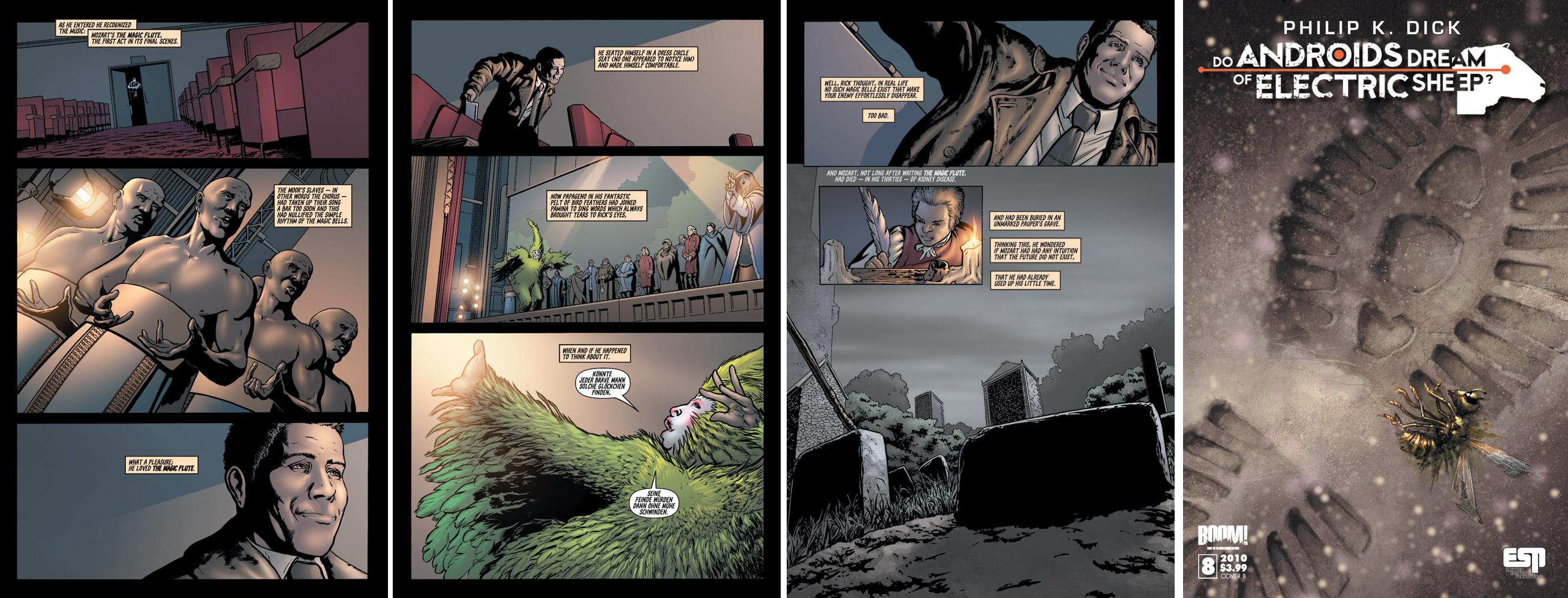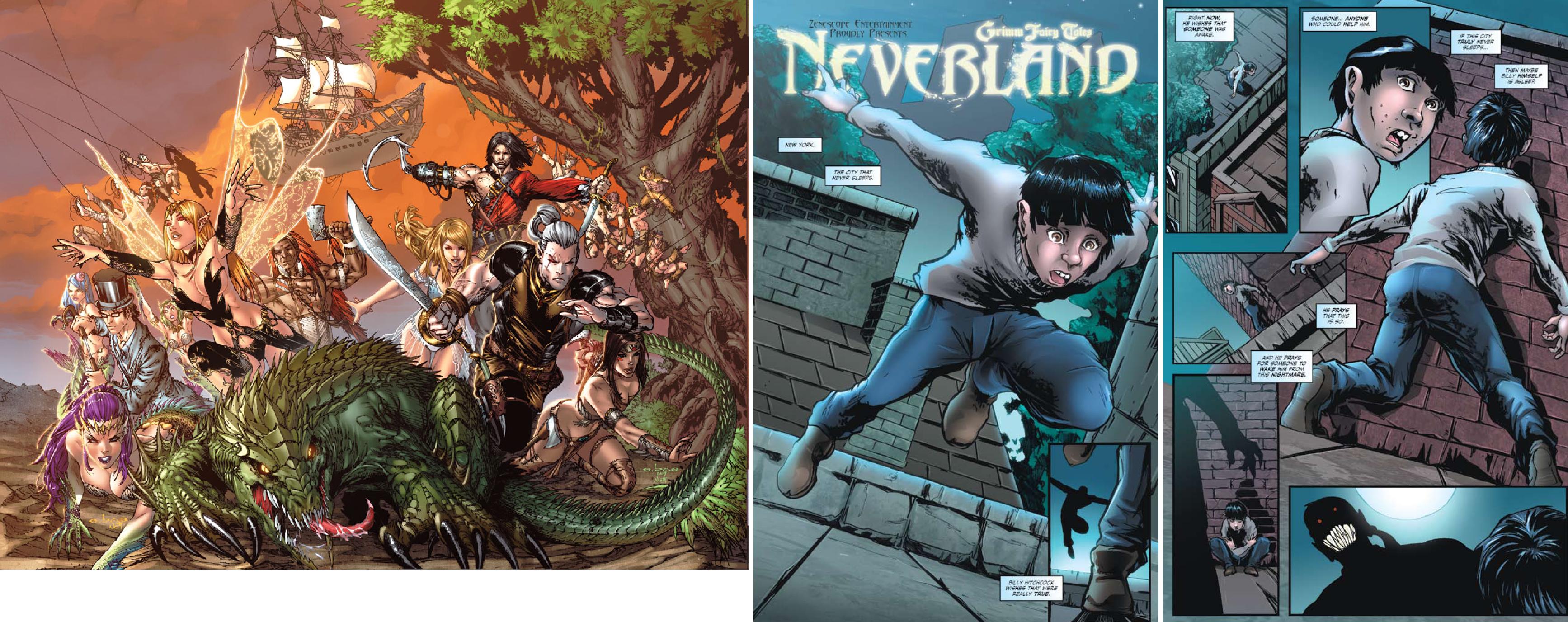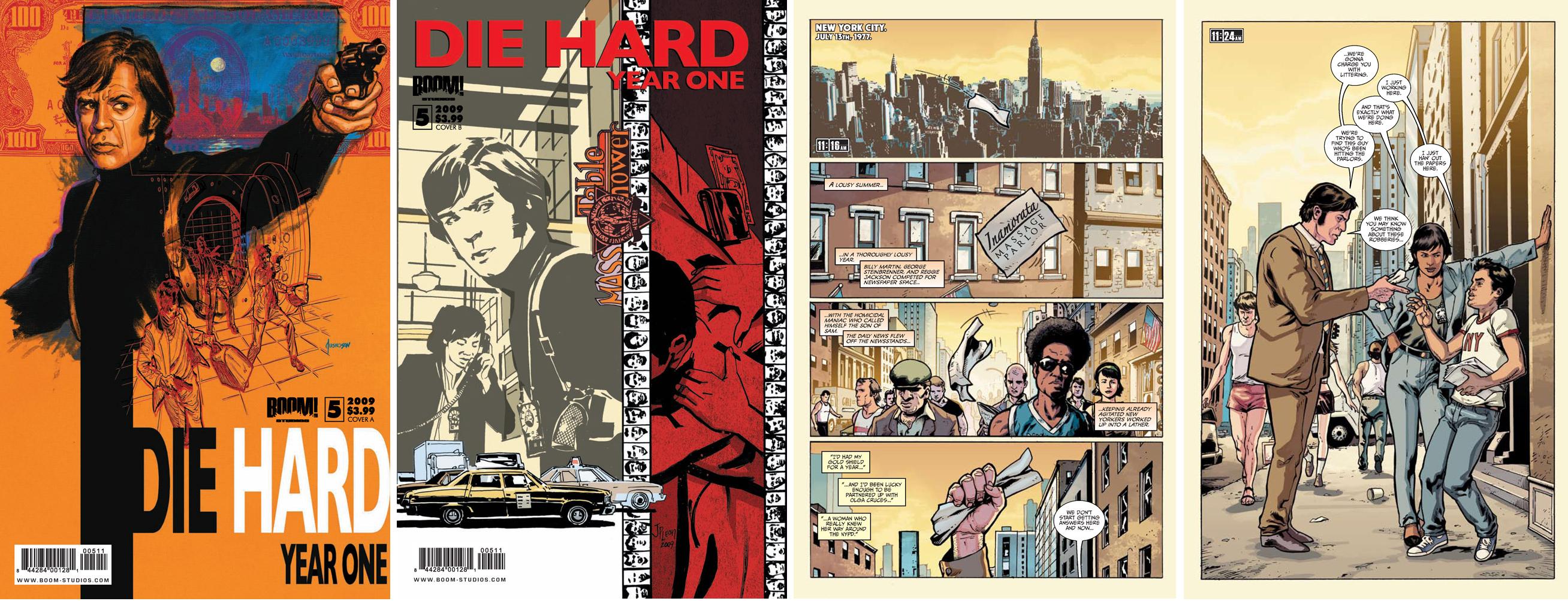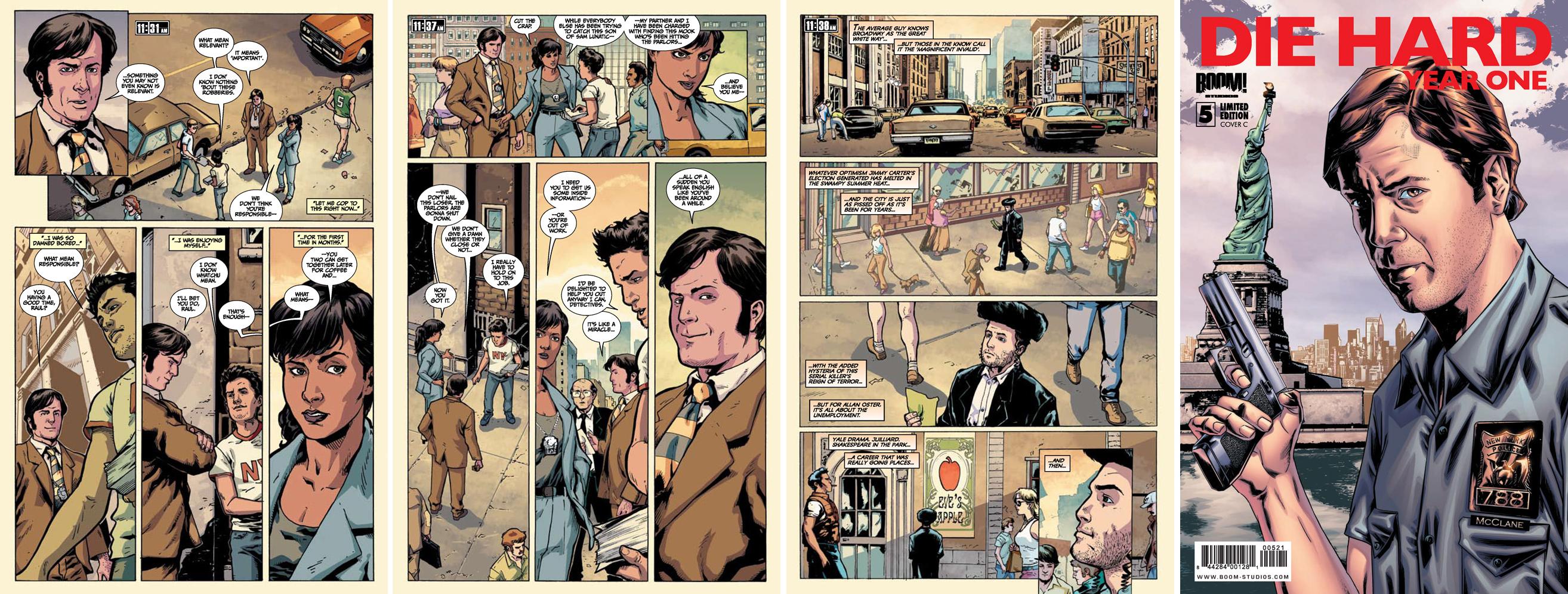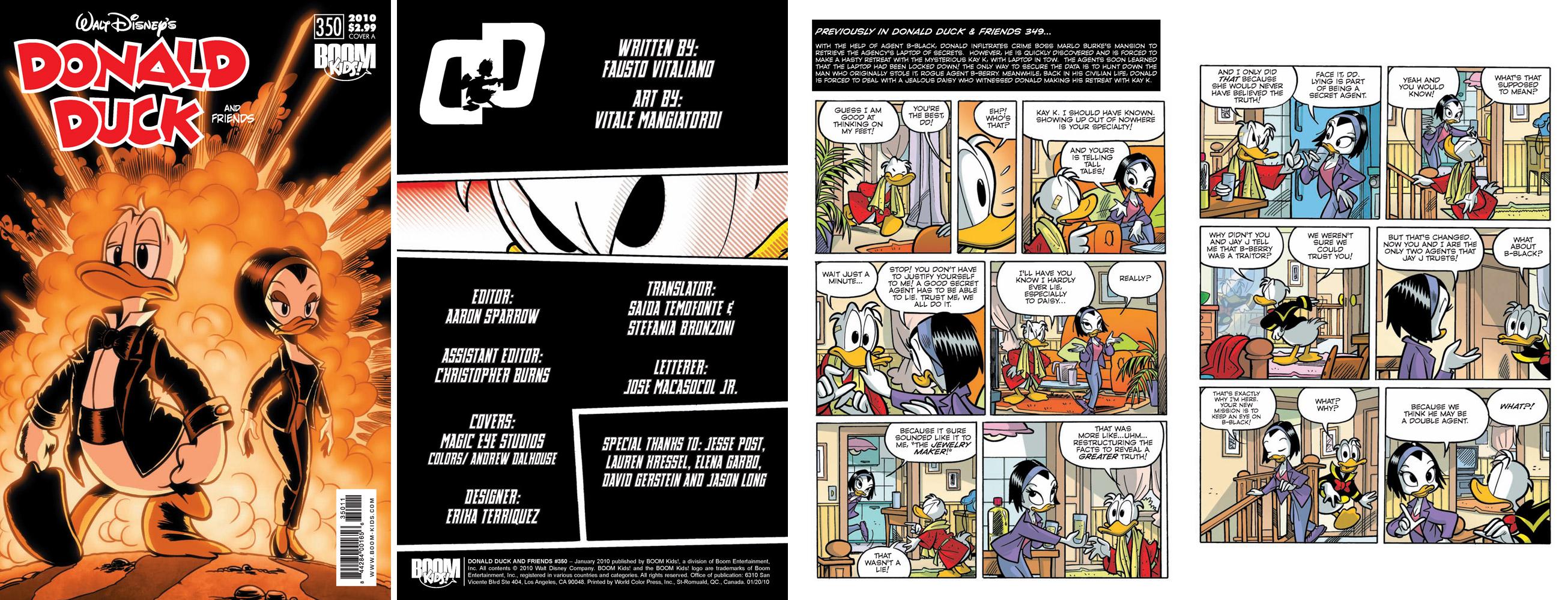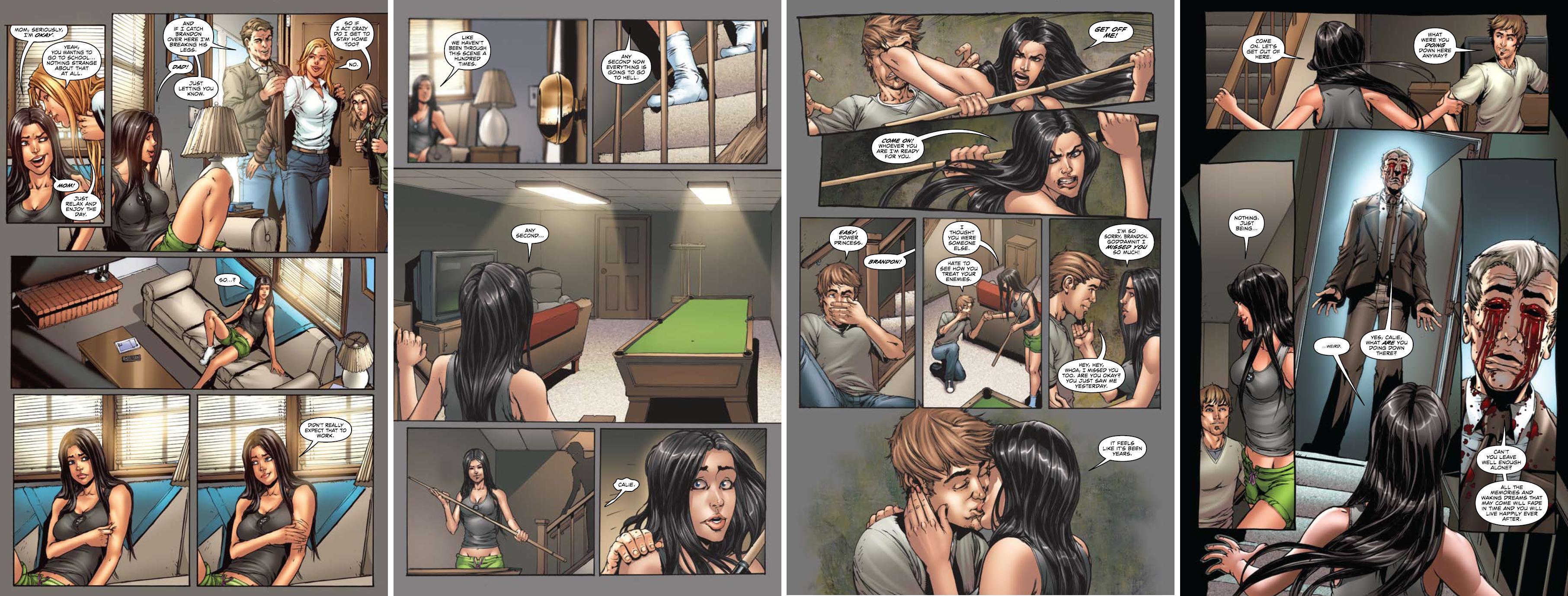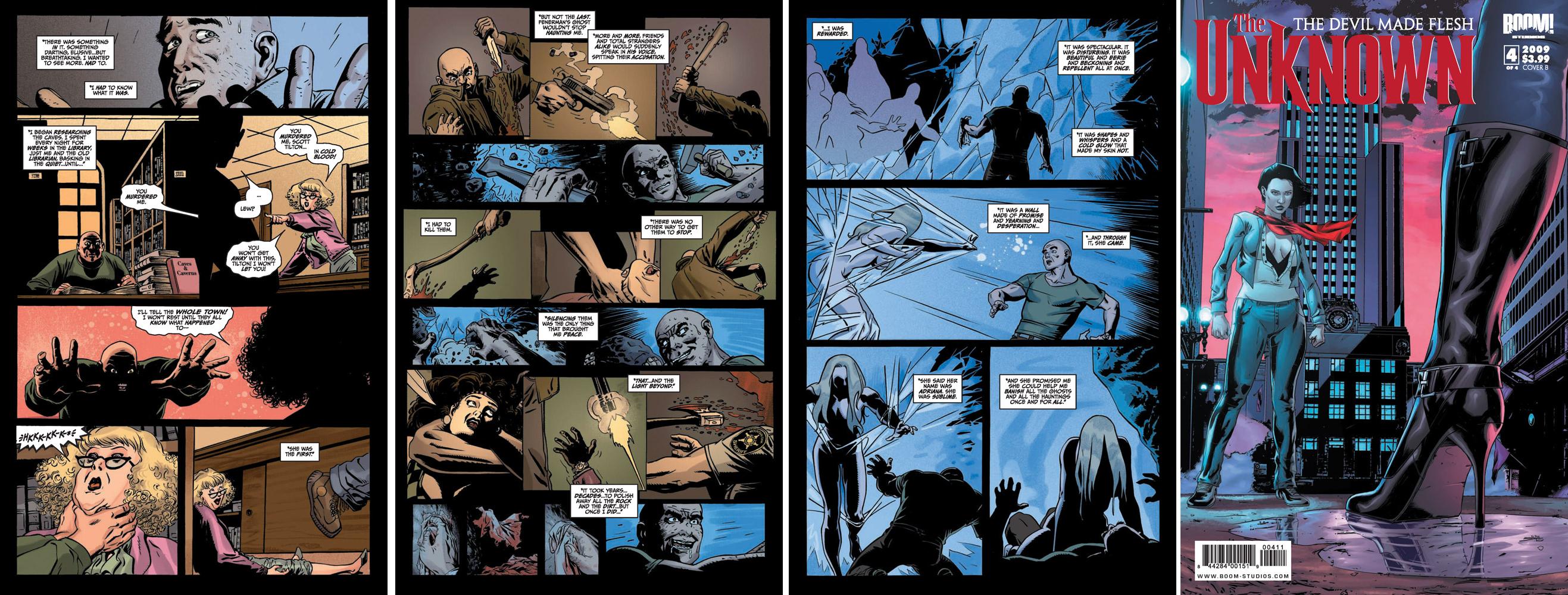
What’s SHOOT THE MESSENGER?
Well, AICN COMICS: SHOOT THE MESSENGER is your weekly one stop shop for comic book -EWS. What’s comic book –EWS? Well, it’s our hodge podge of everything not reviews here at AICN Comics. Sure you can find out the @$$Holes’ critical opinions of your favorite books every Wednesday at AICN Comics. But here, you’ll find special reports such as previews, interviews, special features, and occasionally news gathered here from our online brethren at Newsarama, CBR, Wizard, etc. Sure those guys are the best at reporting news as it breaks. Click on the links for the original stories. This column cuts the crap to run down all the vital information for those of you who don’t follow it as it comes in, and serves it all up with that special ingredient of @$$y goodness.
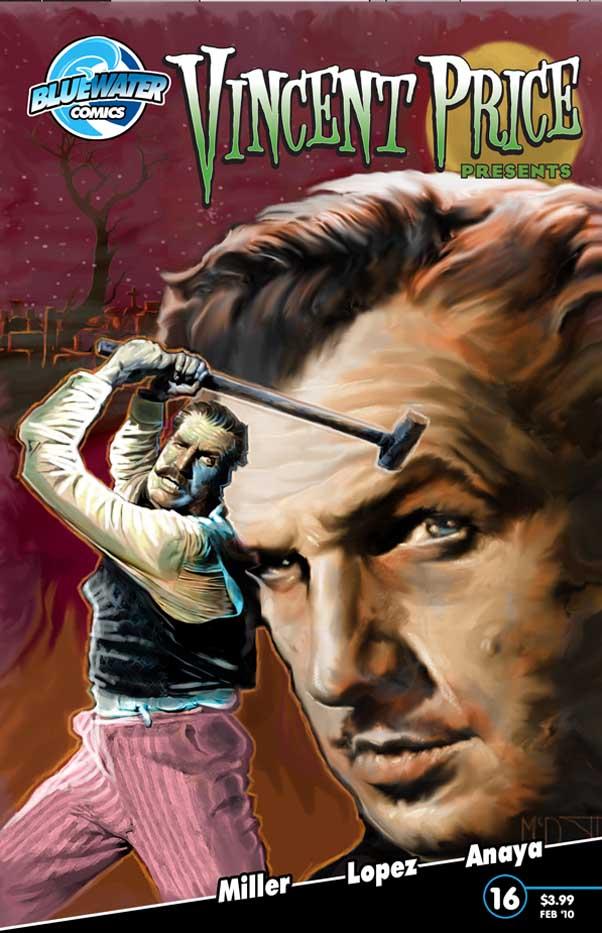 ‘Sup,folks. Ambush Bug here. We’ve got a huge column this week including an interview from Matt Adler with Mike Carey, the mastermind behind DC Vertigo’s THE UNWRITTEN, a shit-ton of previews, and some thoughts from Stones Throw on the upcoming year in comics. First, check out this interview I did with the awesome guys at Fanboy Radio on my upcoming comic VINCENT PRICE PRESENTS #16 which focuses on another one of Vincent Price’s best roles, WITCHFINDER GENERAL. The book drops at the end of February, so look for that. We also chat about the history of AICN Comics, the best and worst of the last decade and a bunch of other fun stuff.
‘Sup,folks. Ambush Bug here. We’ve got a huge column this week including an interview from Matt Adler with Mike Carey, the mastermind behind DC Vertigo’s THE UNWRITTEN, a shit-ton of previews, and some thoughts from Stones Throw on the upcoming year in comics. First, check out this interview I did with the awesome guys at Fanboy Radio on my upcoming comic VINCENT PRICE PRESENTS #16 which focuses on another one of Vincent Price’s best roles, WITCHFINDER GENERAL. The book drops at the end of February, so look for that. We also chat about the history of AICN Comics, the best and worst of the last decade and a bunch of other fun stuff.
Now, scroll down and enjoy the sweet @$$y goodness!

Matt Adler chats with
THE UNWRITTEN’s Mike Carey!
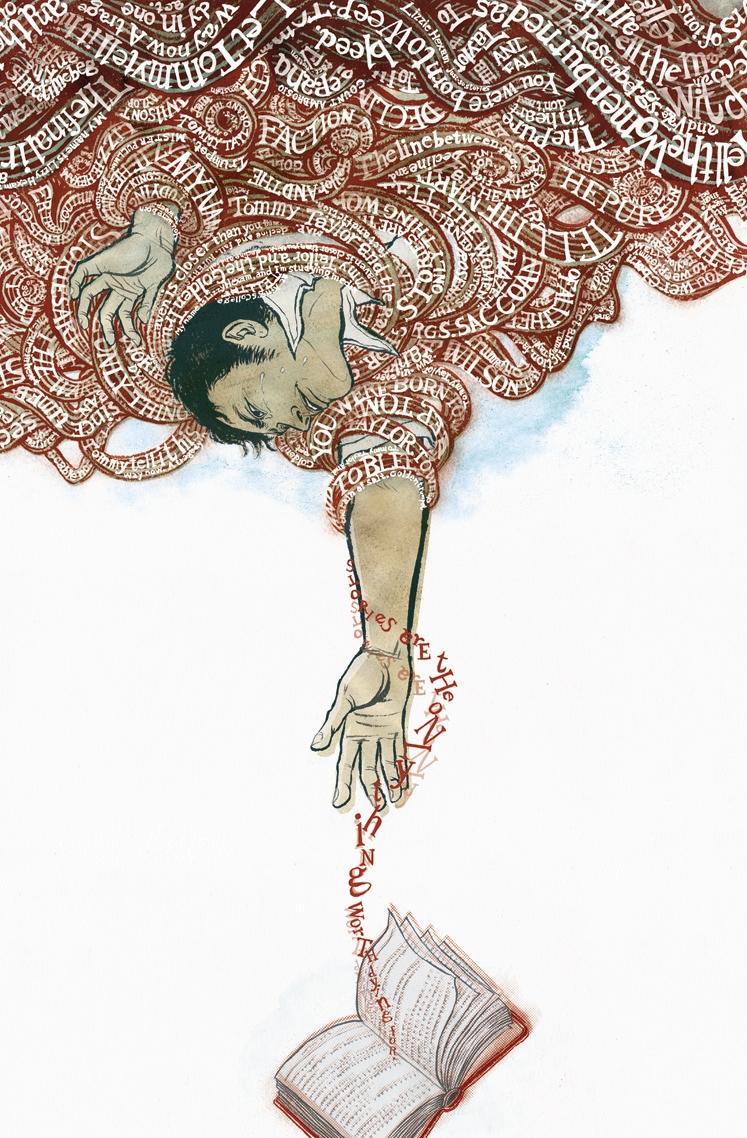
Matt Adler here with the first of a two-part interview with the folks behind DC Vertigo’s THE UNWRITTEN. First up, we’ll chat with the writer, Mike Carey and next week, we’ll talk with the artist Peter Gross. Let’s get right to the interview.
Matt Adler (MA): I wanted to ask you about your working relationship with Peter; I know you guys were paired together on LUCIFER for a number of years, and obviously that went well enough that you wanted to do more work together. So what made it an enjoyable experience to work with him?
Mike Carey (MC): I guess it’s a lot of things. The short answer would just be that we really, really hit it off creatively and personally. We felt very comfortable working with each other. Each of us seemed to bring out the best in the other. But for me as a writer, there’s a lot more to it than that. It’s just really exciting working with Peter. He’s somebody who brings ideas of his own to the table; he’s a great collaborator. Your ideas spark ideas in him, he comes back with even more than you asked for; it’s a very exciting and interactive partnership. And that was right from the start of LUCIFER. I vividly remember when he first came on board which was with issue #5, I just looked at the pencil roughs for that issue and I was blown away. I was creating all of these weird environments, these weird geographies, and Peter just took them all in stride and came back with incredible character designs, incredible settings. Plus he’s just one of the nicest guys in comics.MA: Do your sensibilities mesh, given that you come from different cultural backgrounds?
MC: Our sensibilities mesh to an astonishing extent, yes. We very, very rarely disagree about creative issues; most of the time, I’ll say “Why don’t we do this?” And Peter will say “Oh, that’ll be great, and we could also do this...” And we just bounce things backwards and forwards.” Which has turned out to be a really productive way of working. It’s not always like that; sometimes you send in a script and the artist will work on the script and suddenly there will appear a finished thing. So with Peter it’s always kind of a two-way flow of ideas.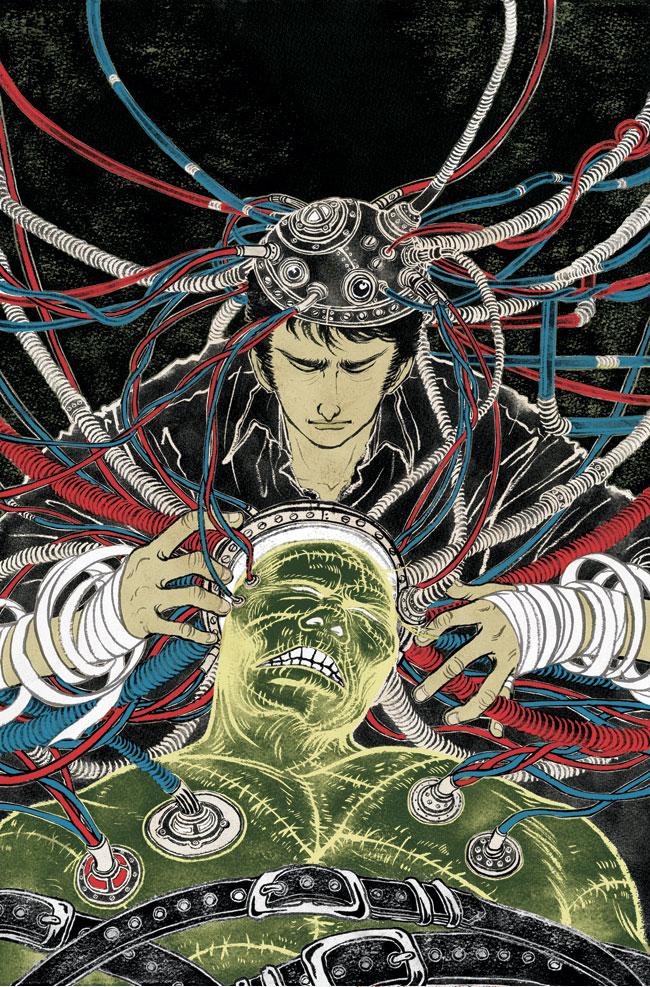
MA: How did you guys come up with the idea for THE UNWRITTEN?
MC: During the last days of LUCIFER, when we knew it was wrapping up, we wanted to get another book going, and we put several pitches into Vertigo at that time. And some of them were well-received, but for various reasons, none of them actually went all the way. And then Peter went away and worked on other projects, I did a lot of stuff for Marvel, but it was always in the back of my mind that we wanted to work together again. And then when we were both at San Diego Comic Con in 2007, we took the time to sit down and rough out some stuff, have some conversations about possible pitches. And then Pornsak Pichetshote, the Vertigo editor, was there as well, and he said “Don’t lose this. As soon as you get back, carry on the dialogue.” Peter’s big idea was about a parent who writes a story about a child, and following that child’s story both in the real world and in fiction. And I had an idea which arose from Hindu mythology, about the trumpet which changes the world, the trumpet that ends one era of world history and instigates the next era, the next age. And initially they sounded like completely different stories, but then one of us said, I think it was Peter, “We could just put them in together.” And we suddenly realized that was actually possible, that there was a throughline. And the story of Tom Taylor was born after that.MA: How does Tom Taylor differ from Tommy Taylor?
MC: Tom Taylor is… (laughs) It’s hard to answer that question without giving spoilers away. Ostensibly, as far as we know, Tommy Taylor was based on Tom Taylor; it was a misguided, sincere gift from a father to a son; “I will name my great literary brainchild after my true flesh-and-blood child.” But as we know, it may not be quite that simple. There could be other things going on, other agendas going on; some people believe there is no difference, that Tom is Tommy. That’s a question we haven’t answered yet but we will answer in the course of the story.MA: As the series starts, he seems to hate being identified with this character, but at the same time he embraces it, and makes tremendous use of it to his own benefit. Is he just completely cynical?
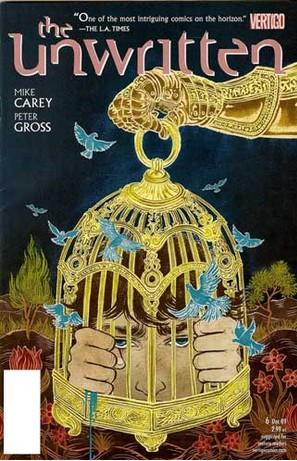 MC: I don’t think so; I think he’s been backed into a corner. We hear about other things that he’s tried to do; he’s tried to be a jazz musician, he’s tried to work in movies, he’s tried writing himself, and none of those things have stuck. It turns out that he’s not very good at any of those things, or not good enough, and so by default, he gets pulled back to his father’s magnum opus, because it’s a huge center of gravity. This is a world famous series of books. I don’t think he wants to make a living out of his father’s legacy, it’s just that there’s no other living that he’s succeeded in making. When we meet him, he’s embittered; I don’t think he’s cynical, he’s embittered that he has to do these things to make ends meet. And he keeps trying to break out, and he keeps falling back into it.
MC: I don’t think so; I think he’s been backed into a corner. We hear about other things that he’s tried to do; he’s tried to be a jazz musician, he’s tried to work in movies, he’s tried writing himself, and none of those things have stuck. It turns out that he’s not very good at any of those things, or not good enough, and so by default, he gets pulled back to his father’s magnum opus, because it’s a huge center of gravity. This is a world famous series of books. I don’t think he wants to make a living out of his father’s legacy, it’s just that there’s no other living that he’s succeeded in making. When we meet him, he’s embittered; I don’t think he’s cynical, he’s embittered that he has to do these things to make ends meet. And he keeps trying to break out, and he keeps falling back into it. MA: In the first issue, we see him at a convention panel, answering fan questions sort of with an air of “This is a burden”, and he just tries to give them the answer they want to hear. Is he sort of inspired by those “lost celebrities” that show up at conventions, the ones that were stars decades ago, but this is the only way they’re making a living these days?
MC: Yeah, there was certainly an element of that in there, isn’t there? People who have this one starring role, or not quite starring role, which then becomes the defining thing in their lives. But it’s worse even than that for Tom, because it’s somebody else’s genius that he’s riding on; it’s not anything he’s done, or anything significant in his life. And I think that sense of grievance, that sense of burden, comes from the fact that it’s his father’s achievement, not his. The real life inspiration, ultimately, although when we were first talking about the ideas we didn’t come at it from this angle, but we realized at a certain point that we were telling the story of Christopher Robin, the son of A.A. Milne, the Christopher Robin from the Winnie The Pooh books, who had exactly this experience with his father’s work. And he grew up hating the fact that he was famous as a fictional child, a fictional little boy in a sort of long coat, it was almost like a dress. He got bullied at school because of those books. He tried in his adult life to keep as far away from his father’s work as possible. He refused to do what Tom did; refused to turn up at conventions or signings, refused to be part of the celebration of his father’s work.MA: Obviously, we don’t yet know Tom’s father’s real motivation behind this, but in general, in real life, do you see the parents who do this sort of thing, who include their children in their work as bad parents? Is it like that story on the news a few months ago about the father who used his son in a hoax with a hot air balloon to gain celebrity status, or are they just sort of well-meaning, affectionate, and proud of their children?
MC: It’s a difficult question for me to answer, because I’ve done it myself. In Lucifer, there was a character “Elaine Miller” who was very heavily based on my own teenage daughter, Louise. So if it is bad parenting, I’m as guilty of it as anybody else. I think the problem is you do it for all the right reasons, I hope; you do it because there is this person in your life who is special and you want to celebrate them. But of course then they’ve got to deal with the fallout from it, because you never play them straight. You show them from a certain angle which they may not recognize as themselves, and you can conceivably create problems for them with their peer group, and so on. So I guess having done it myself, and having talked to Louise about it fairly extensively, I probably wouldn’t do it again.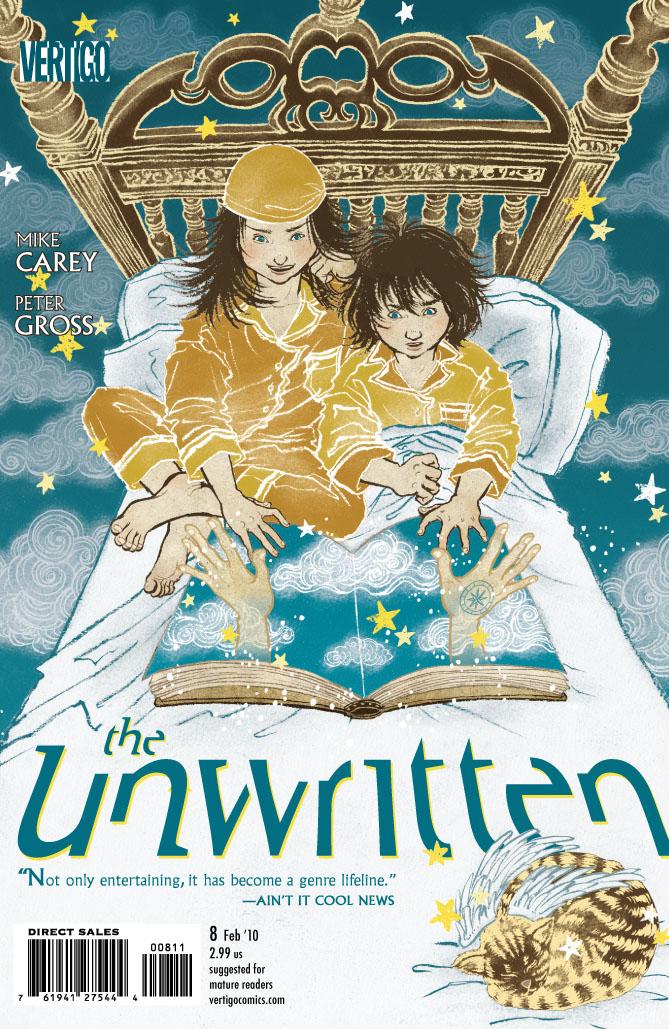
MA: She didn’t care for it too much?
MC: She felt mixed emotions about it. She recognized it was done in a well-meaning way, but I think on the whole she would have preferred I hadn’t done it.MA: I guess that goes for a lot of parenting decisions; the parents always do what they think will be best for the children, and they wind up embarrassing the kids.
MC: Yep. It’s a big part of the job. The ability to embarrass your children.MA: So what is the collaborative process for THE UNWRITTEN? Is it different from the process you had on LUCIFER?
MC: Yes, it is. It’s like LUCIFER with bells on. Because with LUCIFER, it was Neil Gaiman’s characters, my story, and then Peter came on board with the art. Whereas with THE UNWRITTEN, the story belongs jointly. It belongs every bit as much to Peter as it does to me. So we co-plot all the way down the line. Specifically, I will come up with a rough outline for an arc. And then Pornsak, who is our editor, will hook us up on a very, very long conference call which will be about an hour and a half, where we will go over this, all of throw in ideas, we’ll thrash out the things that are suggested, we’ll put in character beats and grace notes and so on, we’ll discuss how the climax of the arc will work, the structure. And then we’ll go back to the drawing board, we’ll have an email chain, and we’ll talk about the things that have come up in the phone call. So it’s a very open-ended process, and it depends on frequent, regular communication between everybody on the team.MA: That’s something that had to have evolved over the time when you were working with him on Lucifer, to reach the point where you feel comfortable enough together that you can reach that level of collaboration, right?
MC: Yes, I think the 6 years that we worked together on Lucifer were necessary to build up that degree of trust. And it’s not something where I would necessarily feel happy working that way with every artist. It has to be someone whose storytelling instincts you trust and respect to a very large degree. And with Peter that’s always been the case.MA: Does it help that he’s done some writing of his own?
MC: I think it does, yeah. He has a very, very strong sense of narrative structure.MA: I’ve read in some interviews that you’re hoping this series has a “Preacher-level” of impact. Is that right?
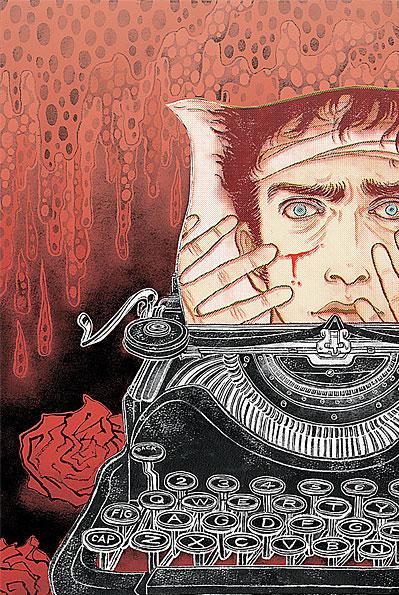 MC: (laughs) It would be nice; I don’t remember saying that, but yeah.
MC: (laughs) It would be nice; I don’t remember saying that, but yeah. MA: I thought I read that in a couple of interviews…
MC: Oh! I’ll tell you what that was. That was Peter who said, after LUCIFER, “We still have our PREACHER in us.” Our big collaboration, our big sort of choice project.MA: Is there something in this series you feel has that kind of potential to make that kind of impact?
MC: Well, it’s a story that touches every other story. I think if there is a big idea on which we’re resting the series, it’s this idea of a conspiracy that runs through all the world’s literature. The story behind the stories. And we’re not doing that in a dry or academic way; we’re doing it in a way that is all about real life. It’s all about the way stories influence life, shape life, shape our thoughts and our values. And I think it’s a big theme; I think it’s a big theme that will resonate for most readers.MA: Is this a very personal work for you?
MC: Yeah, it is. And it is for Peter too. We’re building it around the stories that have mattered for us; things that we’ve read, or experienced, that have kind of furnished our interior landscape; sort of shaped our aesthetics, our feelings about stories. And through that, our feelings about the world.MA: Any hints about what’s coming up in the book?
MC: Well, we’ve set our stage now, and we’ve introduced most of our core cast, and we’re about to really get into high gear. We’re about to see what Wilson’s gifts to Tom can actually achieve. The doorknob and the map. What they’re for and what can be done with them. We’re about to get to the serious hints about what Wilson’s real agenda is, and what Tom’s part is in that agenda. And also, we’re going to learn a lot more about Tom’s opponents, this mysterious cabal that’s trying to kill him.MA: Turning to a more general subject, what is it that you like about working for Vertigo?
MC: Somebody said Vertigo is the HBO of comics, and I think that’s a really apt comparison. There’s just a great deal of creative freedom there, and there are editors who really, really care about the medium and can inspire you to great things. I’ve had the good fortune to work with pretty much all of the Vertigo editors over the last decade, and they are an incredible bunch. I’ve learned about story from them.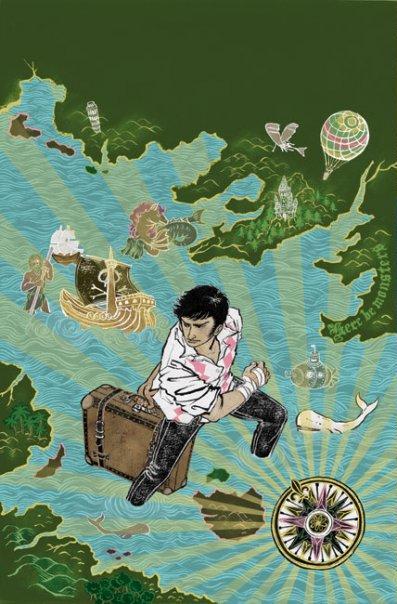
MA: Have they been very supportive in handling THE UNWRITTEN?
MC: Yes, enormously. I think DC as a whole and Vertigo as a unit have really put their weight behind it. They’ve helped to promote it, they’ve advised us on various aspects of the structure…MA: Is working on the Vertigo books very different from the process for your Marvel work?
MC: It’s different in a lot of ways, some of them obvious. Having full creative control of a project is different from working within an established franchise. There are certain things you can’t do with other people’s characters that you can do when you’re playing in your own toybox. The approvals process is different at Vertigo than it is at Marvel. If you come into the X-Office or the Ultimate office and you say “I’ve got this cool idea” they will pretty much say “That’s great, run with it.” And the approvals process tend to be very short. You’ll get the green light, and you’ll do the development on the fly with one editor working with you. It’s more formalized at DC, so it can actually take longer to get that green light. You go through several drafts of a pitch, that are of increasing complexity and fullness. So by the time you get to write, you’re sort of further along the developmental road. So there are those differences.MA: Was it like that with THE UNWRITTEN?
MC: Yeah, THE UNWRITTEN went through a long, long embryonic period, period of development. I think we went through 6 different drafts of the pitch.MA: One thing I was wondering; you do so many different kinds of comics, and I think if you handed an issue of X-MEN: LEGACY and THE UNWRITTEN to someone and just blacked out the author’s name, they would have no idea they were written by the same person. Do you enjoy being able to stretch like that?
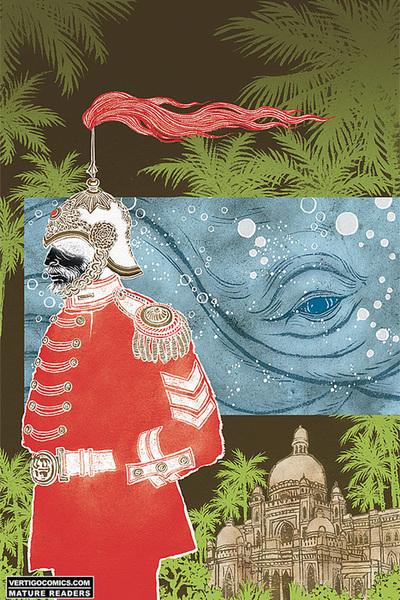 MC: Yeah, I do. I love working on different kinds of projects. I’ve got a very soft spot in my heart for superhero books. I’ve never outgrown superhero books. I learned to read from comic books, and superheroes were there for me from very early in my childhood. So writing X-Men is just insanely cool for me for those reasons. I love those characters and I always have. But it’s great to work in different genres, it’s great to work in different media. I like writing comics, novels, movies when I can get them, game scripting, radio plays… because I think doing all of that stuff helps keep you from becoming a rerun of yourself. That’s what I fear. Because I think it’s very easy to end up just writing in your own comfort zone, and retreading the same story again and again. And I think if you do that, you’re probably the last person to know that you’re doing it. Other people see it first. So yeah, I like trying out new areas. I just like playing with stories.
MC: Yeah, I do. I love working on different kinds of projects. I’ve got a very soft spot in my heart for superhero books. I’ve never outgrown superhero books. I learned to read from comic books, and superheroes were there for me from very early in my childhood. So writing X-Men is just insanely cool for me for those reasons. I love those characters and I always have. But it’s great to work in different genres, it’s great to work in different media. I like writing comics, novels, movies when I can get them, game scripting, radio plays… because I think doing all of that stuff helps keep you from becoming a rerun of yourself. That’s what I fear. Because I think it’s very easy to end up just writing in your own comfort zone, and retreading the same story again and again. And I think if you do that, you’re probably the last person to know that you’re doing it. Other people see it first. So yeah, I like trying out new areas. I just like playing with stories. MA: But you’re actually fairly new to writing superhero comics, right?
MC: Yes, it took me a long time to get established. I couldn’t do it at DC; I kept trying to do it at DC, but wasn’t able to.MA: Is there any kind of comic you just wouldn’t have any interest in?
MC: I guess I’m not particularly interested in writing porno.(laughter)
MC: Although having said that, it might be quite fun…
MA: Well, you never know, maybe you’ll come up with a great idea for it…
(laughter)MA: Now, a few months ago, your website changed from being your website, to yours and Peter’s. How did that come about?
MC: It came directly out of working together on THE UNWRITTEN. Peter also has his own site, PeterGrossArt.com which is purely galleries; it’s where he sells his pages, it’s where he showcases his art. We wanted a place where we could both blog; where he could blog about THE UNWRITTEN, and stuff like Chosen, American Jesus, and I could blog about THE UNWRITTEN, and my novels, and my X-Men work. It just seemed to make sense to make that be one place, since at that point THE UNWRITTEN was the biggest thing in our thoughts. I think I suggested it to the webmaster Matt Peckham, and he was really enthusiastic, and I asked Peter and he said “Yeah, that would be cool.”
MA: Can you tell us a little bit about some of the other projects you’re working on these days?
MC: Let’s see; I finished my 5th Castor novel, I’ve got a pitch in for the 6th novel, but I’ve also got a pitch in for a novel which would have nothing to do with that series; a kind of conspiracy thriller. It’s an open question which of those I’m going to write first. I’ve written a draft of a movie for a UK producer, Slingshot. The movie was called “Trinity” and is now called “Silent War” and we’re looking to try to get that set up in the course of 2010. I’m doing a fair amount of game design work at the moment for Electronic Arts and Activision but none of those projects have been announced yet so I can’t really talk about them. I’ve nearly finished THE HUMAN TORCH miniseries…MA: Which is excellent, by the way.
MC: Thank you. I’m having a lot of fun with it, and I just love those Golden Age characters. And it’s possible I’ll be doing another miniseries with the same team, immediately after The Torch, which should also be a lot of fun. What else have I been doing? I’ve been talking to Raw Studios about doing a horror comic, and that looks like it’s going to go ahead. I think that might be everything.MA: That’s quite a lot anyway!
MC: Yeah, it’s a fair bit. I keep busy.MA: Be sure to tune in next week for the second part of this interview with Peter Gross, the artist for THE UNWRITTEN.
In most places, Matt Adler goes by the name his mother gave him, but occasionally uses the handle "CylverSaber", based on a character he created for the old DARK FORCES II: JEDI KNIGHT game (one hint of his overweening nerddom). He currently does IT and networking support for the government of Nassau County, NY, but his dream is to write for a living, and is in the process of figuring out how to get publishers to give his stuff a look. In the meantime, he passes the time by writing for AICN, CBR, and a few other places. He has also written for MARVEL SPOTLIGHT magazine.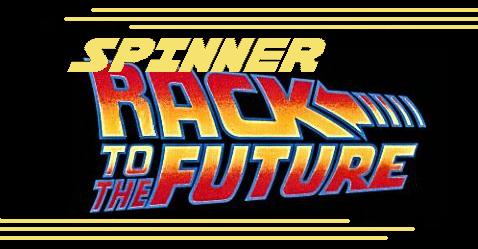
Don’t be shy. Click on the previews to make ‘em grow. Enjoy, folks!
DO ANDROIDS DREAM OF ELECTRIC SHEEP? #8 Writer: Philip K. Dick Art: Tony Parker Publisher: BOOM! Studios In stores this week!
GRIMM FAIRY TALES PRESENTS: NEVERLAND #0 Writer: Joe Brusha Art: Jean-Paul Deshong Publisher: Zenescope Entertainment In stores this week!
DIE HARD: YEAR ONE #5 Writer: Howard Chaykin Art: Gabriel Andrade Jr. Publisher: BOOM! Studios In stores this week!
DONALD DUCK AND FRIENDS #350 Writer: Fausto Vitaliano Art: Vitale Mangiatordi Publisher: BOOM! Studios In stores this week!
ESCAPE FROM WONDERLAND #4 Writer: Raven Gregory Art: Dan Leister Publisher: Zenescope Entertainment In stores this week!
THE UNKNOWN: THE DEVIL MADE FLESH #4 Writer: Mark Waid Art: Minck Oosterveer Publisher: BOOM! Studios In stores this week!
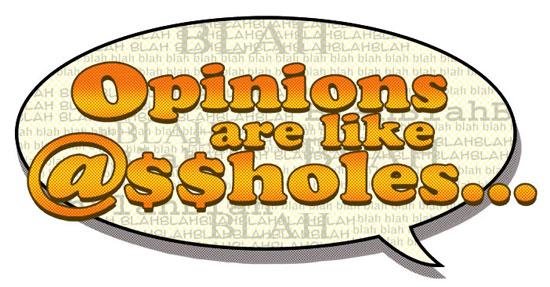
Stones Throw looks at
The Year Ahead!
Stones Throw here. It’s almost February, which means it’s time for my exclusive preview of the biggest comics of the year ahead. Month-by-month, here’s what you’ll be wasting money on in 2010:
FEBRUARY: GRANT MORRISON: THE LOST YEAR. Hairless Scottish genius Grant Morrison returns, exploring the incredible events that happened to him during the year he should have been writing THE AUTHORITY. By Keith Giffen.MARCH: A slew of DARK REIGN tie-ins ratchet the up event to unprecedented levels of tension. Will readers keep buying them or will their resolve finally break under evil mastermind Brian Bendis’s onslaught? Find out when DARK BLACK PANTHER, DARK NIGHTHAWK, DARK BLACK WIDOW, DARK FALCON, DARK BLACK KNIGHT, DARK DARKHAWK and DARK DARKMAN (written by Tobey Maguire) appear on the shelves.
APRIL: Marvel’s exciting Classics Illustrated line returns with an all-new adaptation of Anthony Trollope’s THE PRIME MINISTER. Thrill to these tales of humor and political intrigue in the Great British Parliament. When neither the Whigs nor Tories can form a government—what’s beleagured PM Plantagenet Palliser to do? By Roy Thomas and a cheap European artist.
MAY: MARVEL ZOMBIES VS. ZOMBIES. Carnage ensues when lifeless hordes of mindless, decomposing addicts turn up at the comic book shop on Wednesday, only to find they’re being force fed more comics about zombies. By Mark Fillar and Bryan Ditch.
JUNE: HOLY TERROR, BATMAN!, fans will cry as they see deranged superstar Frank Millar’s latest act of vandalism and destruction wreaked upon a much loved national institution. Illustrated by Joe Al’Quesada and Axl “of Evil” Alonso. Meanwhile, the fine folks at Bluewater Comics bring us FEMALE FORCE: SCOTT BROWN, biography of a humble male model who has a dream of blocking Obama’s health reforms.
JULY: Alan Moore rips off more fictional characters with LEAGUE OF EXTRAORDINARILY GROOVY GENTLEMEN, MAN: 1969. Alan and his partner Melinda (Allan Quatermain and Mina Murray) turn up at the Woodstock festival where Allan is seduced by a travelling Mrs. Robinson (Irish parliamentarian Iris Robinson). Mina is involved in a pharmaceutical threesome with Captain America (Bucky Barnes) and Dennis Hopper (Peter Fonda). Illustrated in disturbingly scratchy detail by League regular Koppin O’Feel.
AUGUST: It’s the happiest time of the year! It’s BIG-@$$ EVENT MONTH. DC brings us OCHRE LANTERN, CORNFLOWER LANTERN, and BRUSHED HARVEST LANTERN as superstar writer Geoff Johns decides which color to have his latest extension painted. Over at Marvel, it’s surprise after surprise, with THE DEATH OF DARKHAWK following some time after DARKHAWK: THE RETURN.
SEPTEMBER: After the blockbuster events of August, details are sketchy for planned releases in September. However, here’s what I’m hearing from my sources. Expect a new writer to begin on THE FANTASTIC FOUR, announcing his intentions “to bring the FF into the 21st century”. He’ll want to “get back to the Lee and Kirby basics”. It’s understood he has big plans for Franklin Richards and wants the FF to be a family more than a super-team. Boom! Studios will reverse into us twice with comic book adaptations of both Paul Haggis’s CRASH and David Cronenburg’s CRASH. A TV writer will debut a crappy comic book series he hopes will become a crappy movie.
OCTOBER: ONE MORE NIGHT is the Spider-event of twenty-oh-ten! While listening to Bob Dylan’s NASHVILLE SKYLINE, Peter Parker (Zac Efron) is visited by the Spirit of Joe Quesada, who tries to show him the true meaning of Hallowe’en. Peter has a miraculous conversion and runs out to buy the biggest pumpkin in the store and remarry Mary-Jane. By Mephisto and Dan Slott.
NOVEMBER: Robert Crumb is back in the Promised Land with a sequel to his blockbusting BOOK OF GENESIS: BOOK OF LEVITICUS. Thrill to the persecution of the Israelites as only Crumb can draw it.
DECEMBER: Possibly the most eagerly anticipated comic of the year, in DC CHRISTMAS SPECIAL we’ll see Supergirl visit a children’s orphanage. Meanwhile, the Gentleman Ghost leads a meretricious, balding miser (Dan DiDio) to renounce his former ways and publish some decent comics. “God Bless Us Everyone!” says Tiny Tim Callaghan (Brian Bendis).
Truly, an exciting year lies before us! Already, I can’t wait for 2011.



